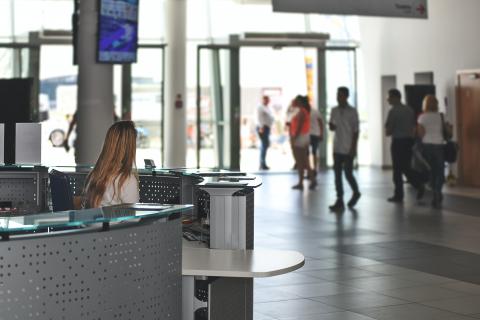From Campus to Career: The Best Ways to Help College Students Transition to the Workforce
May 03,2023
Making the transition from college to the workforce can be a daunting task for many students. After years of studying, writing papers, and taking exams, it can be difficult to know where to start when it comes to finding a job and navigating the professional world. Fortunately, there are many resources available to help college students transition to the workforce. In this article, we'll explore some of the best ways to help college students make a successful transition from campus to career.
Internships and Co-Op Programs
One of the best ways for college students to gain valuable experience and skills that will help them in the workforce is through internships and co-op programs. These programs offer students the opportunity to work in a professional environment and gain hands-on experience in their field of study. Not only do internships and co-op programs provide valuable experience, but they can also lead to job offers after graduation.
Career Services Centers
Most colleges and universities have career services centers that offer a variety of resources to help students prepare for the workforce. These resources may include resume and cover letter writing workshops, job fairs, mock interviews, and networking events. Career services centers can also help students explore different career paths and connect with alumni who are working in their desired field.
Professional Development Programs
Many colleges and universities offer professional development programs that can help students build the skills they need to succeed in the workforce. These programs may include workshops on leadership, communication, and problem-solving, as well as courses in business, technology, and other relevant fields. HonorSociety.org also offers professional development tools for members to succeed in this transition.
Mentoring and Networking
Mentoring and networking can be valuable tools for college students as they transition to the workforce. By connecting with professionals in their desired field, students can learn about different career paths, gain valuable advice and insights, and build relationships that can lead to job opportunities.
Career Coaching
Career coaching can be a valuable resource for college students who are unsure about their career path or need help navigating the job search process. Career coaches can help students identify their strengths and weaknesses, explore different career paths, and develop a plan to achieve their career goals.
In conclusion, making the transition from college to the workforce can be a challenging process, but there are many resources available to help students succeed. By taking advantage of internships and co-op programs, career services centers, professional development programs, mentoring and networking opportunities, and career coaching, college students can build the skills and experience they need to succeed in the workforce.





